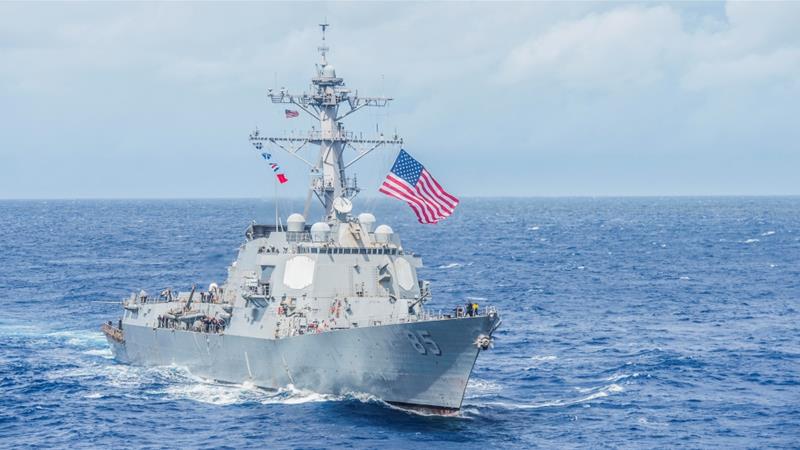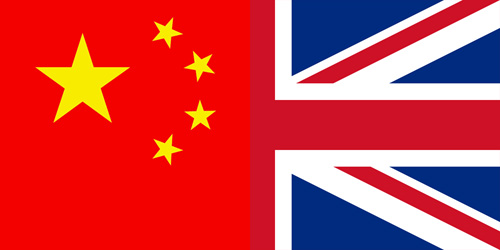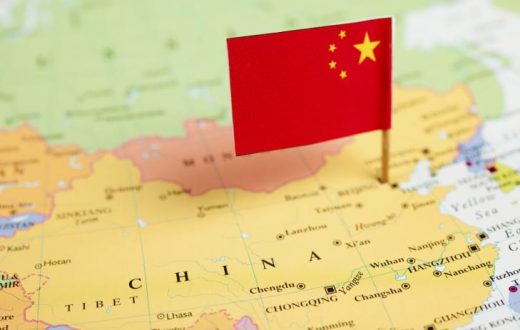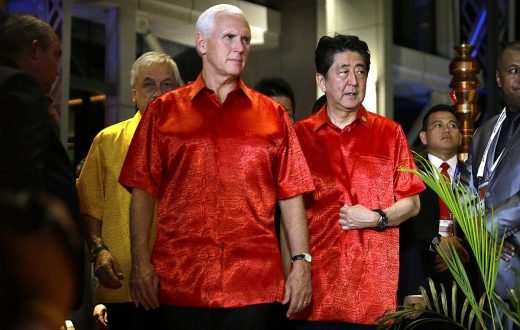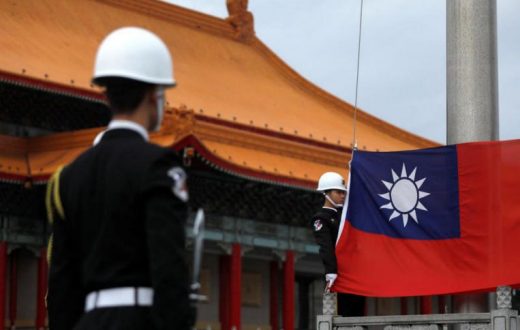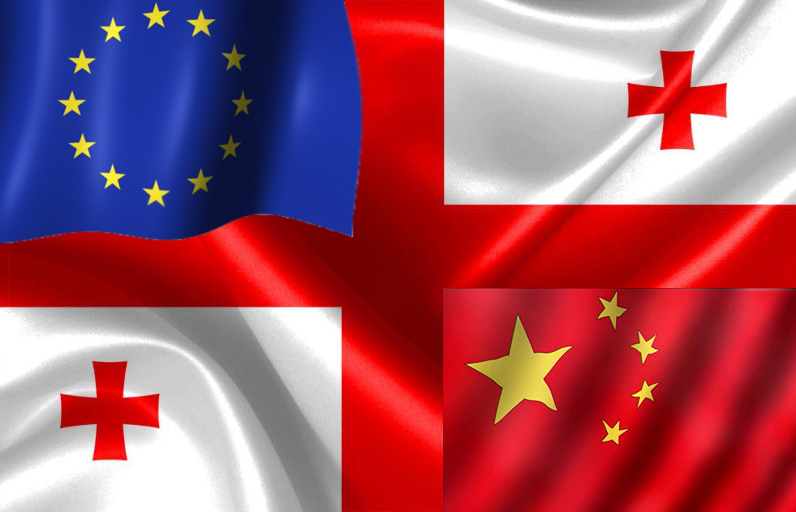If the tensions between China and the United States of America (USA) seem to concern products and market influence (Huawei smartphones), it also concerns an intelligence and territorial war.
Powers in Asia are very unbalanced. Vietnam, Philippines and Malaysia don’t succeed to face the Chinese territorial expansion. Even (especially) international rulings have not enough authority to change the situation.
Therefore, the South China Sea anarchical position is a great opportunity for the USA to affirm its power. The launch of security operations into making the area free of flow may benefit an international legitimacy, with the support of international law. Moreover, it is an occasion for the USA to become closer to infringed parties. For example, if Vietnam and China are direct rivals, the USA can use the South China Sea to become closer to Vietnam. The same reasoning works with The Philippines.
The United States as the remote leaders of an Asian coalition to counter Chinese influence
The USA had already adopted a protective position with other countries as in 2012 when Vietnamese fishermen had been protected by American Coast Guards when the Chinese were testing the boundaries of their Pacific neighborhood. Going further, the Vietnamese Prime Minister Nguyen Tan Dung said in June 2013 that the USA would be welcomed in tempering regional tensions.
Then, a real call for help is being made to the USA in these regional tensions, and it seems that they are willing to answer it.
More recently, as cited above, the USA and Taiwan met in May to deal with security in the South China Sea. Although Americans know that China was absolutely opposed to direct relations between Taiwan and them, they use the South China Sea context as a means of provocation against China in May 2019.
The attempt to establish a juridical authority over the area
In the same period, a group of the American Congress, led by Marco Rubio, demanded new sanctions on Chinese firms involved in the construction of artificial islands and other installations in the region. If the bill, introduced in 2017 in the Foreign Relations committee is passed, the US may seize financial assets owned by the Chinese companies involved in the construction. It may also deny American visas to key figures within these companies.
Obviously opposed to this possibility, Lu Kang, a spokesman for the Chinese Foreign Ministry, claimed the proposed legislation “violates the basic norms of international law and international relations and the Chinese side, of course, firmly objects”.
He added: “We urge the US side not to proceed the deliberation of the legislation, in order not to bring new disruption to the China-US relations.
If the conflict in the China Sea seemed unbalanced a few years ago, the American intervention could thwart the prognosis, even if the Chinese presence remains undeniable.

